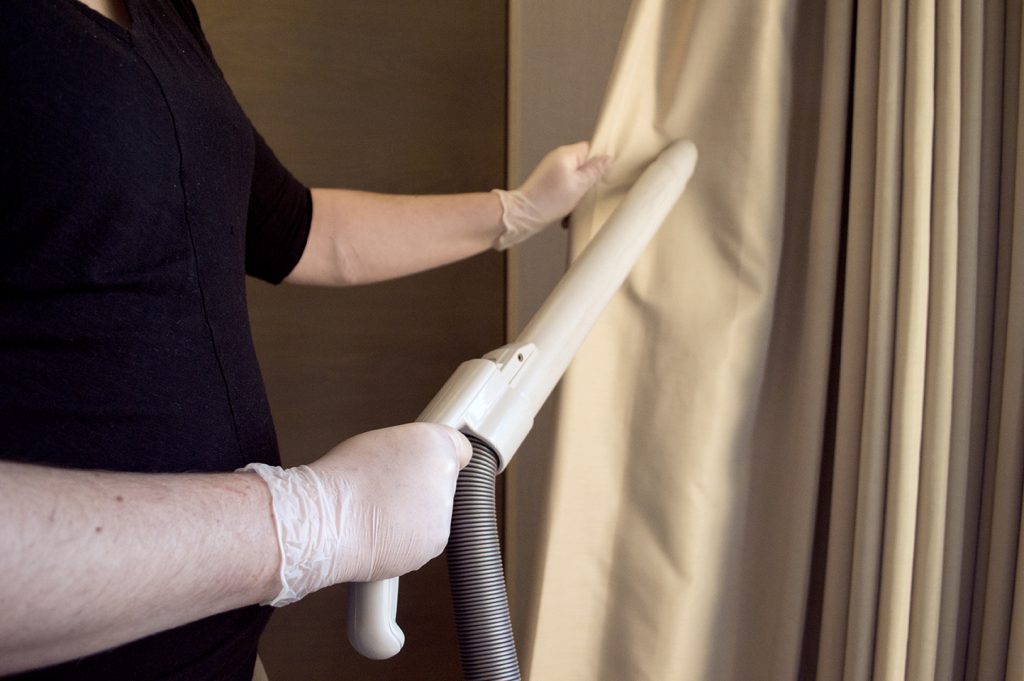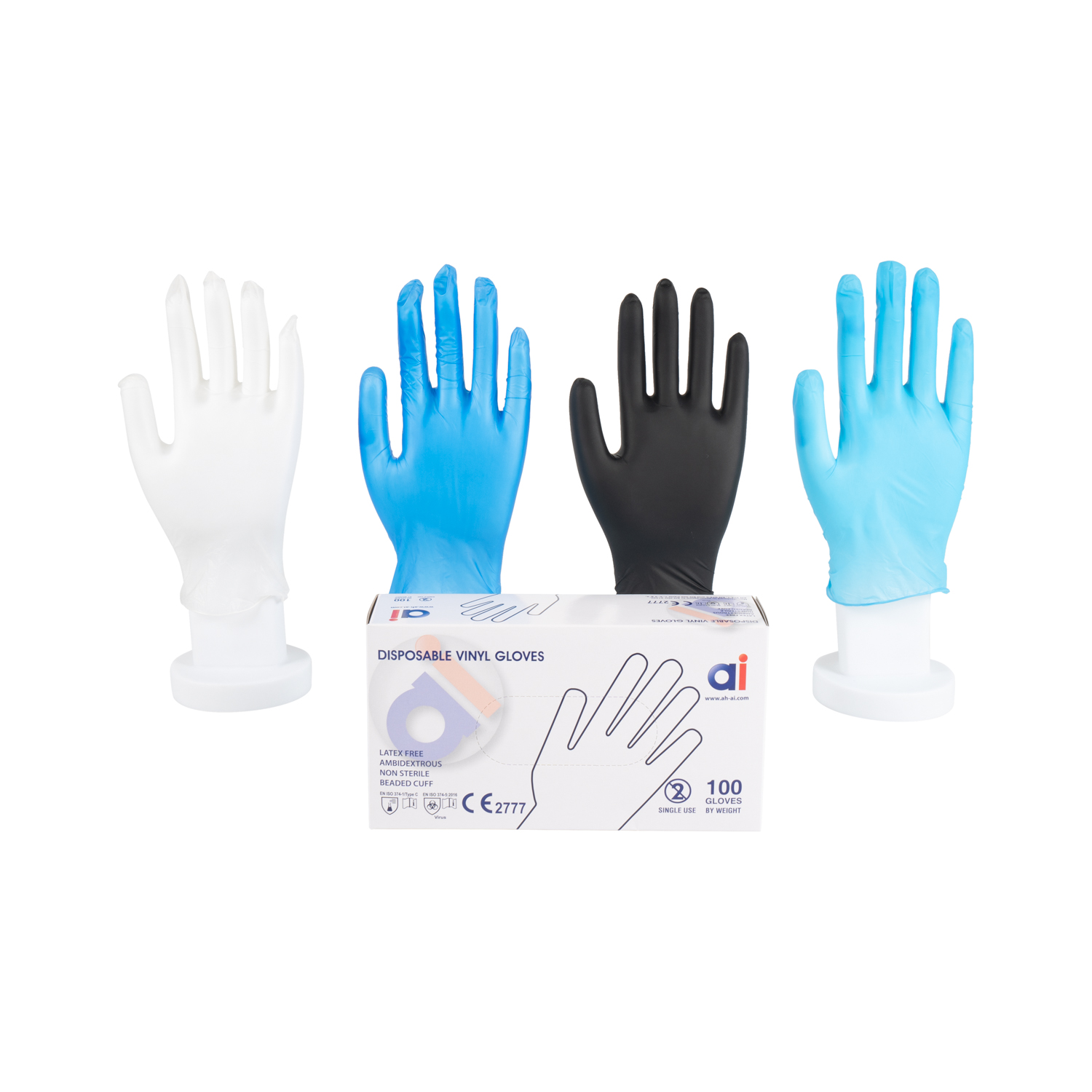
Workers in the janitorial and sanitation industry have always played a key role in protecting our quality of life. But with the current global pandemic showing no signs of dissipating, their contribution takes on a new level of importance. Sanitizing our environments matters more than ever.
Protecting the workers who protect us is equally crucial. In this day and age, with all we know about the ability of germs and bacteria to spread, it is inexcusable to allow janitorial and sanitation staff to work without disposable gloves.
Also posing a threat to their health are the very chemicals they use to clean. Glass, metal, and other cleaning formulas can contain harmful chemicals including hydrofluoric acid, nitrilotriacetate, and phosphoric acid.
Dangers are everywhere
Then there are bloodborne pathogens and bodily fluids. Anyone who cleans commercial restrooms knows how much dangerous refuse they accumulate. Transmission can occur if janitorial staff come into contact with soiled surfaces, sanitary napkins, hand towels, or tissues.
Considering these risks, janitorial employees need proper barrier protection. And by providing that, distributors can find myriad opportunities for growth in the janitorial and sanitation categories.
The U.S. market for personal protective equipment (PPE), which broadly covers safety products, was estimated at more than $12 billion in 2015. Emphasis on employee health and safety drives market growth. Then, of course, there is COVID-19, which has likely changed the PPE market forever.
Frequent glove changes are at the center of any cleaning routine. Most janitorial gloves are lightweight, easily changed, and come at a lower price point because of the sheer number used.
Some of the glove materials typically used in the janitorial industry are:
Standard Vinyl
Standard vinyl gloves are made from polyvinyl chloride or PVC, which have a loose, comfortable fit and a smooth finish.
Vinyl is a less-expensive alternative to latex and nitrile. GlovePlus Clear Vinyl Industrial Gloves come in both powdered or powder-free styles. AIC GPX3 Clear Vinyl Industrial Gloves are a terrific all-around solution for light-duty tasks. GlovePlus Blue Vinyl Industrial Gloves are tailor-made for working with food.
Then there are exam-grade gloves like AIC Clear Vinyl Exam Disposable Gloves, commonly used in healthcare applications to protect against exposure to bloodborne pathogens.
Synthetic Vinyl Blends
With the disposable glove market out of whack because of COVID-19, and chronic shortages of nitrile and vinyl gloves making life difficult for distributors and end-users alike, synthetic hybrids are gaining a good deal of attention.
Hybrids combine advanced synthetic rubber (elastomers) and vinyl polymer materials to create a soft, supple, and elastic glove. This gives them a better fit and feel than standard vinyl gloves.
| Among the current AIC offerings are Gloveworks Black Synthetic Vinyl Gloves, Gloveworks Blue Synthetic Vinyl Gloves, and in a lighter shade of blue, Gloveworks Blue Synthetic Vinyl Gloves. For exam grade, try AIC Stretch Synthetic Blue Vinyl Exam Gloves or AIC Stretch Synthetic Clear Vinyl Exam Gloves.Under current market conditions, vinyl gloves are the most cost-effective—and most available—option for janitorial employees. Contact your AIC sales representative or log into your account on our online portal to place an order. Your customers may surprise you with a favorable response. |




